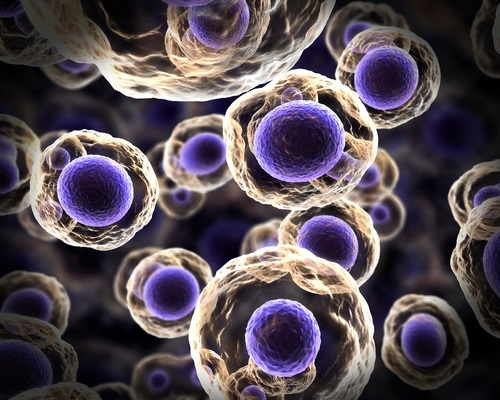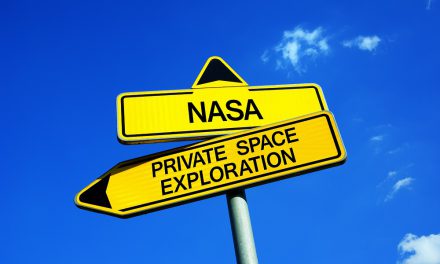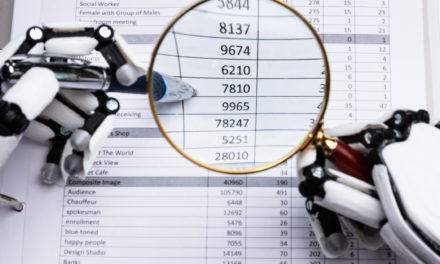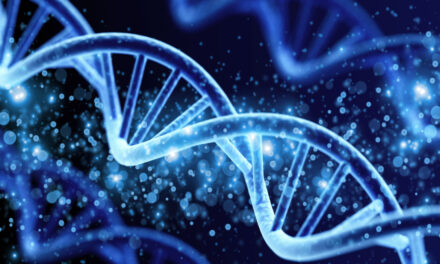
Cell-Free Biology
The blog post will discuss the limitations of cells and how we are entering a cell-free biology.
To view the full article please register below:
Cell-Free Biology
No. 8 in the series,
The Advance of Cell-free Biology
Humans rely on living cells for the food that sustains us, the clothes that warm us, the drugs that save us and many of the industrial products produced by modern society.
The Limitations of Cells
As important as these living organisms are to the health and welfare of humans, they are not without their inconveniences.
Consider the meat you’ll enjoy at dinner tonight. Livestock farming takes up about 25 percent of the world’s ice-free land, with one-third of arable land dedicated to feed crops. Meat production has significant water and energy requirements, degrades water resources and has been identified as a contributor to climate change.
Cells are primarily designed to survive and reproduce, which for human purposes wastes an awful lot of energy. Cells can also be exceedingly difficult to work with, making production slow and expensive. For example, several years ago, a vat of cells used to make a drug had to be destroyed because of a viral disease, costing the drug company hundreds of millions of dollars.
Enter Cell-free Biology
Cell-free biology is the separation of the protein-making components of a cell from all its other constituent parts, (e.g., the cell wall, DNA). Isolating the protein-making machinery of a cell enables scientists to engineer biological parts and systems for a variety of applications without the inconveniences that come with living cells.
Cell-free biology can be considerably more efficient as nutrients otherwise used by parts of the cell unnecessary to the production of a food, fuel or drug are now no longer wasted.
The benefits go far beyond industrial efficiencies. For instance, the inputs required for biofuels production—land, energy, fertilizer and water—are cut dramatically when produced by cell-free methods, making biofuel production cheaper and less environmentally harmful.
Cell-free biology also opens up the possibility of a more humane world, a world in which animals are no longer sacrificed to provide for our leather, meat or fur needs.
Recent developments have also shown that cell-free biology may be valuable in addressing global pandemics by inexpensively diagnosing viruses and delivering more economical therapeutic solutions.
Much progress still needs to be made before the impact of cell-free biology is seen in our economy and our lives. Nevertheless, by one estimate, more than $1 billion in venture capital was invested in 2016 in the cell-free biology industry, which is now comprised of more than 60 companies working to redefine how we produce everything from painkillers to wine.*
Source:
*https://www.cbinsights.com/blog/synthetic-biology-startup-market-map/
Want to learn more about what our futures may hold? Check out other blogs in “The Future Series“.
THERE MAY BE A FUTURE FOR CARBON AFTER ALL
TECHNOLOGY BREAKTHROUGHS—THE FUTURE OF












